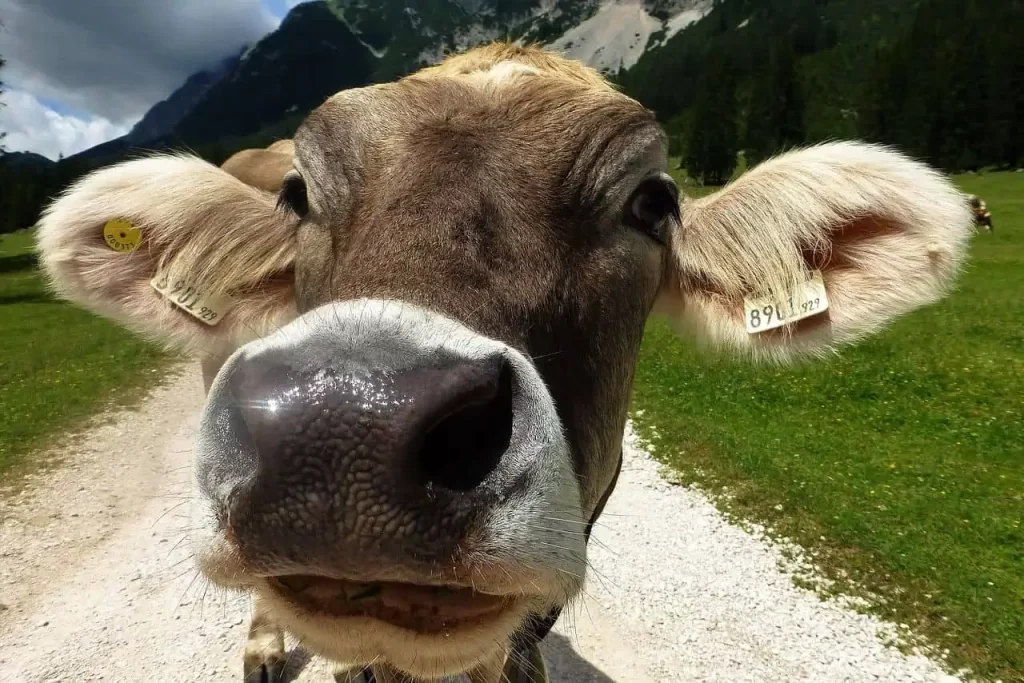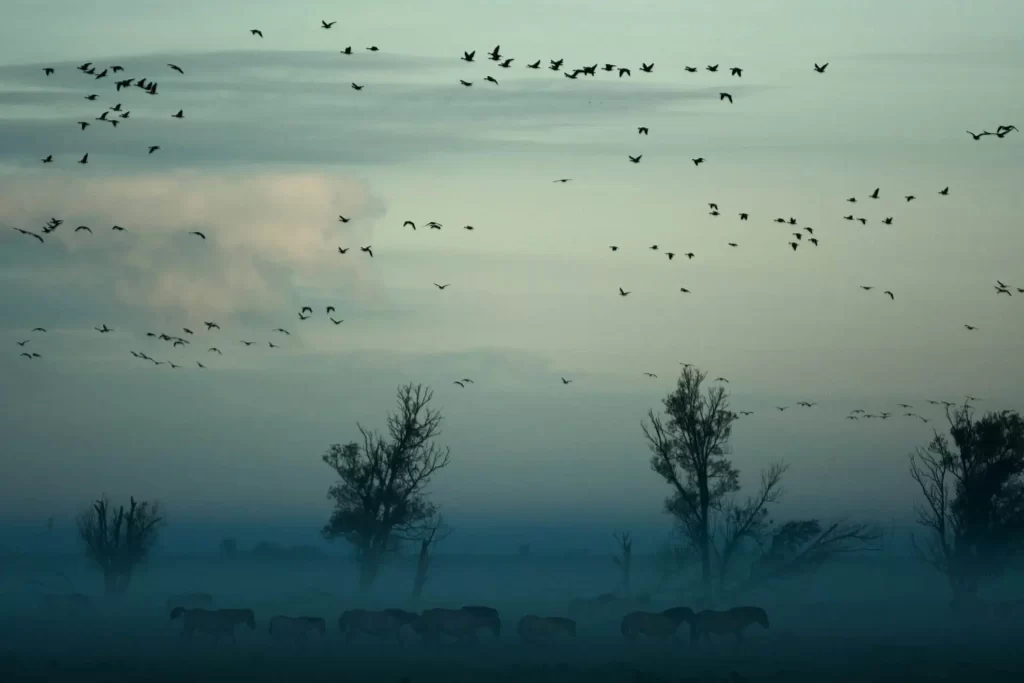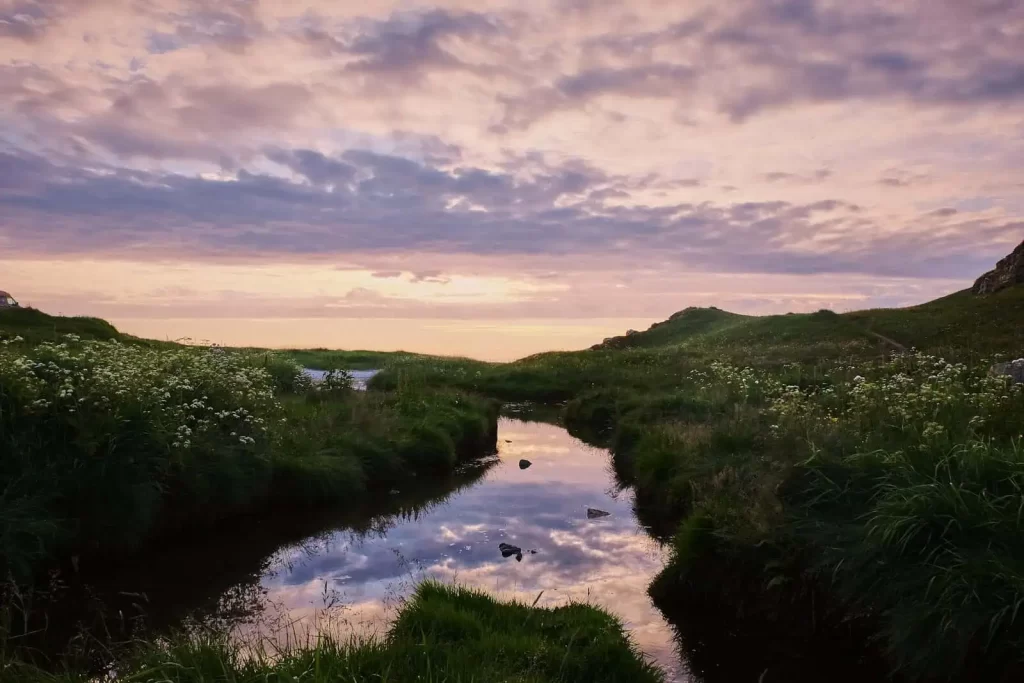Share:
World Rewilding Day 2023 Celebrates Ecosystem Restoration Worldwide
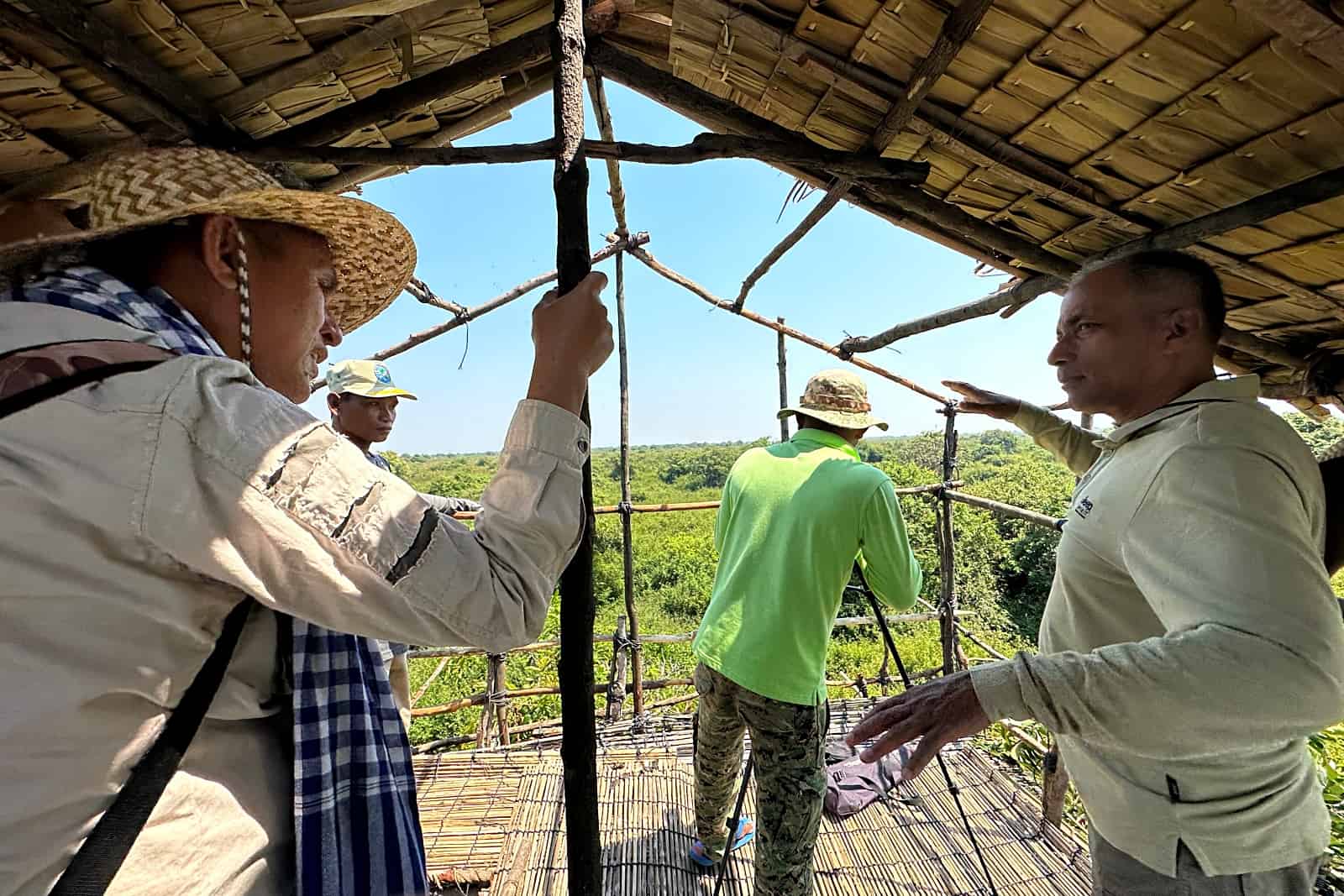
On March 20th, World Rewilding Day is celebrated to raise awareness and inspire action to restore and protect forests, wetlands, and other ecosystems around the globe. The Rewilding Academy is developing forest and wetland restoration projects with local partners in countries like Spain, Serbia, India, Cameroon and Cambodia, which include reintroduction of lost species, capacity development, and training.
The Rewilding Academy is the GEF CSO Focal Point for Europe, which means that it works closely with the Global Environment Facility (GEF) to support civil society organizations in Europe and globally to participate in GEF-funded projects. The Academy is also an Action Partner of the UN Decade on Ecosystem Restoration and a partner of two UN Decade Education Challenges.
Rewilding
Rewilding is a conservation approach that aims to restore natural ecosystems by reintroducing native species, removing human-made barriers, and allowing natural processes to occur. The goal of rewilding is to create dynamic, self-sustaining ecosystems that can adapt to changing environmental conditions.
Rewilding recognizes the crucial role that large herbivores, predators and other keystone species play in maintaining ecosystem health and promotes the reintroduction of these species to degraded ecosystems. By restoring natural processes, rewilding aims to promote biodiversity conservation, mitigate the impacts of climate change, and provide ecological services that benefit both wildlife and people.
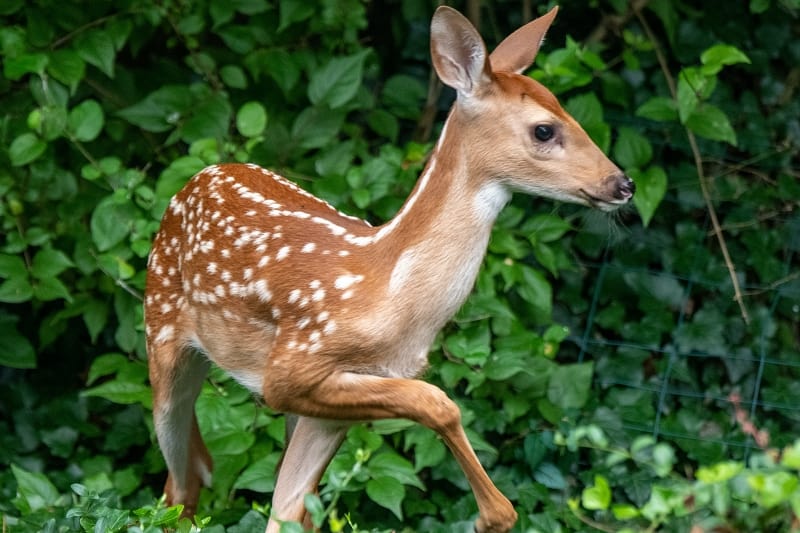
Our programmes
The Rewilding Academy’s forest and wetland restoration projects involve a variety of activities that aim to restore damaged ecosystems, including planting native trees, removing invasive species, restoring wetland habitats, and reintroducing wildlife. For example, in Spain, the Academy is working to restore the forest in the foothills of the Pyrenees, which have been heavily impacted by human activity in the past centuries. Students from the Netherlands are involved in biodiversity monitoring. In Serbia, we are working with a wide variety of stakeholders, including the Ministry of Environment, local authorities, NGOs and communities to restore degraded mountains, which is crucial for biodiversity conservation and rural development.
In India, the Academy is working to restore wetlands, which provide habitat to the Greater Adjutant Stork, locally called Hargila, a critically endangered bird, in order to help the species live in its former range in the river deltas. We are also developing project concepts and capacity for ecological (genetic) corridors between existing protected areas. In Cambodia, the Academy is working to restore forest habitat in the Cardamom Mountains, and the wetlands and flooded forests of Tonlé Sap.
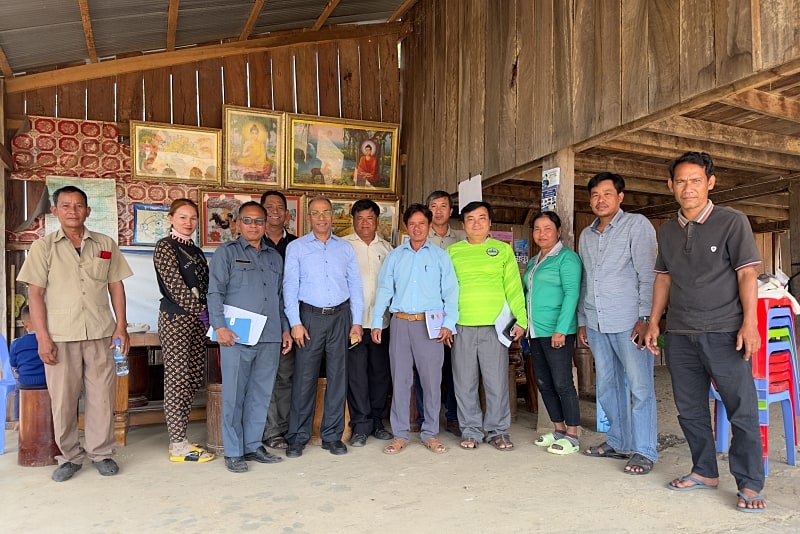
Capacity development
A vital aspect of our work consists of capacity development and training for local communities, including training in rewilding, regenerative agriculture, sustainable land use practices, ecotourism development, and restoration and carbon monitoring. This approach aims to ensure that local communities have the knowledge and skills to sustainably manage their natural resources and benefit from long-term conservation activities.
The Rewilding Academy’s work as the GEF CSO Focal Point for Europe and its partnerships with the UN Decade on Ecosystem Restoration and the UN Decade Education Challenges helps to boost rewilding projects worldwide. By working with local communities, training conservation practitioners, and reintroducing wildlife to degraded ecosystems, the Academy is contributing to the global effort to restore degraded ecosystems, promote biodiversity conservation and climate change mitigation and adaptation.
Rewilding Community of Practice
The Rewilding Academy is committed to building a strong and engaged rewilding community of practice, with a focus on new knowledge creation and sharing. The aim is to connect individuals who are passionate about rewilding, to share best practices, and to collaborate on action-based subgroups based on members’ interests and involvement in specific themes, programs, and volunteer groups. By organizing meetings, presentations, and Q&A sessions, the Academy strives to create a platform for meaningful connections that catalyze and facilitate action on-the-ground. With the support of this community, the Rewilding Academy hopes to scale its impact and inspire positive change for the restoration and protection of ecosystems around the world.
#RewildingHope
Rewilding provides hope to millions of people worldwide because it offers a tangible and effective approach to addressing some of the most pressing environmental challenges of our time. Moreover, rewilding recognizes the crucial role that local communities and indigenous peoples play in the conservation of natural resources and promotes the empowerment of these groups through capacity building and training programs. By working with local communities, rewilding initiatives can help support sustainable livelihoods and foster a sense of connection to nature and the environment.
Finally, rewilding offers a hopeful vision of the future, one in which humans can live in harmony with nature, and where natural ecosystems can thrive alongside human communities. By promoting rewilding initiatives and celebrating World Rewilding Day, we can inspire and empower people worldwide to take action towards a more sustainable and resilient future.

